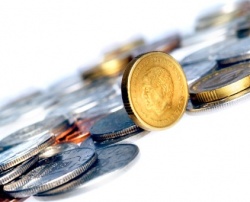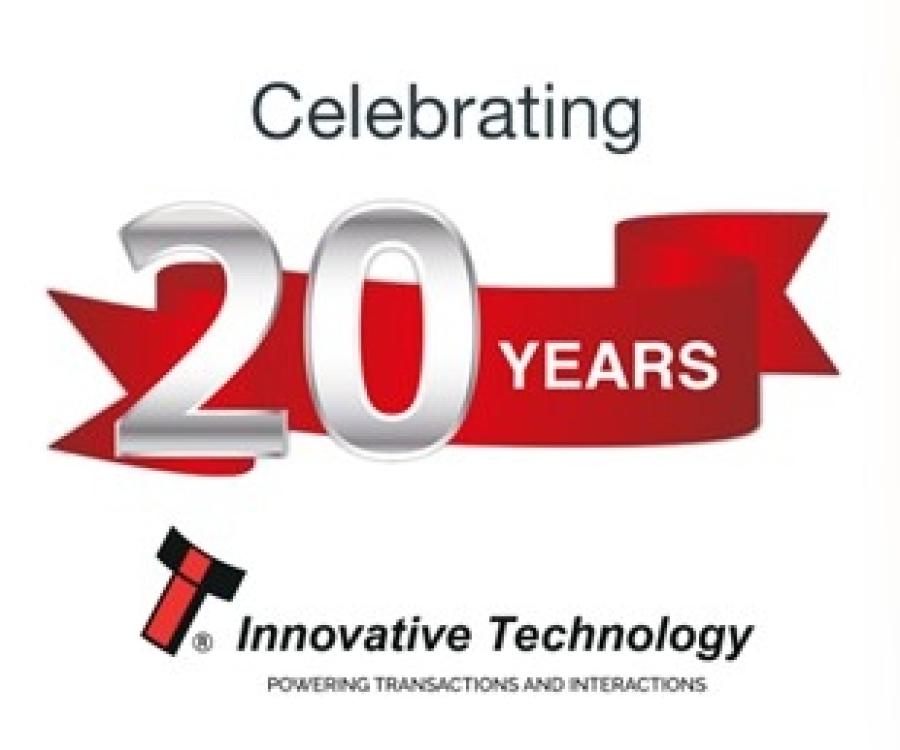We have gathered lots of information that shows that cash is vital in society and among the public. That makes cash a central part of the retail industry. Statistics show that the circulation of cash is steadily increasing in several markets. So the relevant discussion to have is not IF cash should be managed, but HOW it should be managed.
If you are a business owner, the importance of cash in society hardly matters if cash adversely affects your bottom line. If cash is more expensive than other payment options, common sense would tell you to push your customers away from cash. Anything else would be bad business sense.
According to the British Retail Consortium cash is by far the cheapest payment method for retailers. Their research from 2011 shows that cash accounts for 11.5% of the costs of payment transactions, while far superseding other payment methods in popularity: 55.2%. This can be compared to credit cards. They account for 10% of transactions, but 44.5 % of the transaction costs.
So if you are a retailer, it makes good business sense to maintain a good cash payment experience. Your customers will appreciate it, and your business will do well with it.
Add to that, that the payment process is a lot faster with cash than with electronic options. The data from the British Retail Consortium shows that the average time to process a cash transaction is 27 seconds. That can be compared to 36 seconds for a card payment.
As a retailer, you want your customers to have the best shopping experience possible, while optimizing your business so that you can maximize your profits. Considering that cash payments are both cheaper to manage and faster, it makes the best business sense to manage cash well.
Cash management in numbers
Still, cash costs money. At CashGuard, it is our mission to make cash management as affordable, secure and as effective as possible.
We could go on and on about how secure and efficient our cash management solutions are. But let’s have the numbers show it instead.
An ROI study on one of the largest supermarket chains in South Africa, shows that it can save 5 000 Euro in financial and operational savings annually per store. Those savings include no shortages, reduced cash pick-up costs and reduced banking charges. Add to that, some 11 000 Euro in labour cost savings such as reduced time spent on cash handling. That adds up to 16 000 Euro per store. Multiply that by the about 300 stores, and you land at the staggering savings of 4.8 million Euro in average savings for the chain.
Another example is a large scale retailer in Sweden bought their first CG system in 2010. They have three systems. They have calculated that the solution costs them 8 Euro per day in investment. They save 24 Euro per day in fewer overtime hours and eliminated internal theft. On top of that, they have noticed a significant decline in sick leave, due to not having to handle banknotes manually. Add to that “soft” benefits such as always optimizing cash levels, being in control without having to be at the store, and a number of other benefits, they started getting their return on investment from Day 1.
We have plenty of other testimonials from customers all over the world, showing that effective cash management is good for business, good for customer experience, and simply, good for all retail stakeholders.
The fact that we believe that good cash management is good for business might not convince you. But the fact that other retailers say so, might.











